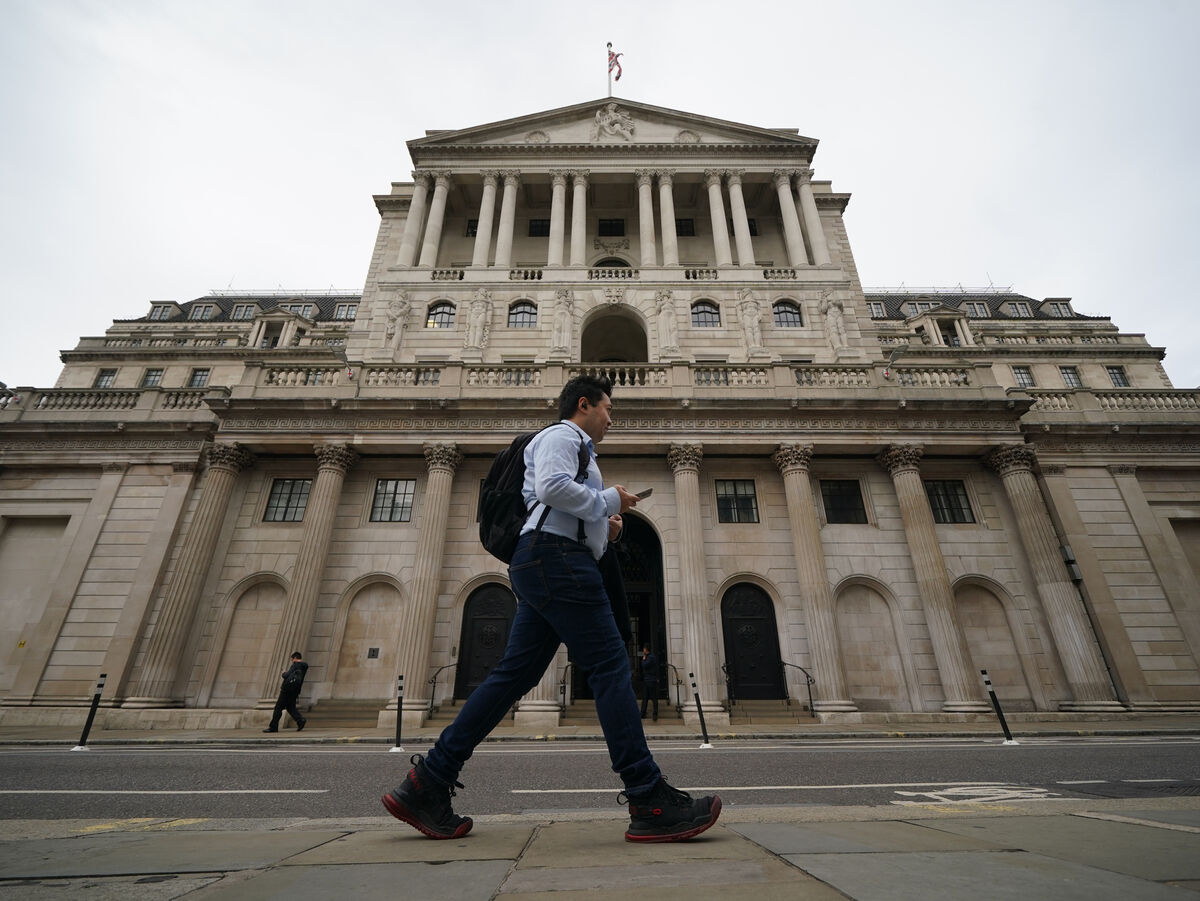Oliver Mangan: Britain avoids recession, but inflation still weighs heavily

Oliver Mangan
Fears that the UK could have entered recession by now have not come to pass, with the economy displaying unexpected resilience over the past year.
But only 12 months ago, the Bank of England was predicting that the UK would enter a two-year recession against the backdrop of much higher interest rates, continuing very high inflation and weak global growth. Instead, the British economy has managed to eke out some modest growth since last autumn.
Meanwhile, the UK's National Statistics Office recently made significant upward revisions following the pandemic to GDP figures that showed the UK is no longer a laggard in terms of its recovery from the pandemic. The UK may be growing at a very sluggish pace, but this is no different to most other economies, with the notable exception of the strongly-performing US.
The performances of the various parts of the UK economy are not out of kilter either with what is being seen in other countries: C manufacturing is contracting, while construction activity is weak. GDP growth in the first half of the year was driven by domestic spending, in particular by the consumer, but with solid contributions from government expenditure and business investment as well. Exports declined, but this is not much different to elsewhere.
However, inflation in the UK has been slower to fall back than in most other economies, while wage growth is much more elevated, at above 8%. The strength of growth in household earnings, though, has been one of the main factors which has supported consumer spending, and helped the economy to avoid recession.

The risks to the UK economy are still tilted to the downside, but this is the same for other economies. If the UK is eventually hit by a recession, it will most likely not be alone in this regard. The lagged effects of a sharp tightening of monetary policy, elevated geo-political tensions and stickiness of inflation are risks that are common to most economies.
Meanwhile, markets believe that as with other central banks, Bank of England rates are at, or very close to, their peak, while interest rates are also expected to remain higher for longer than previously anticipated, as elsewhere. The UK economy, then, is back in the pack and no longer an outlier. This is reflected in the performance of sterling this year, with the currency confined to a relatively narrow trading range of 85 pence to 90 pence against the euro, and not subject to the sharp movements on foreign exchange markets that were seen in previous years.
That said, the UK economy still faces significant challenges. Inflation is proving sticky and much slower to fall than elsewhere. Wage inflation is particularly high at around double the level of the US and eurozone, and will need to moderate. Brexit also remains a headwind in terms of its impact on inward investment and exports.
There are a wide range of views in regard to the medium-term prospects for the economy. The IMF is projecting a marked pick-up in growth from 2025, but the Bank of England is forecasting continued subdued growth. Much could depend on the scope to lower interest rates and whether the next election heralds a shift back to a closer trading relationship with the EU.
- Oliver Mangan is chief economist at AIB










